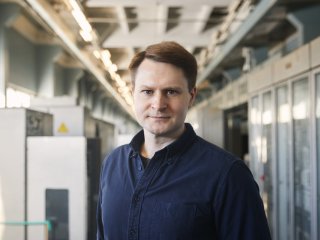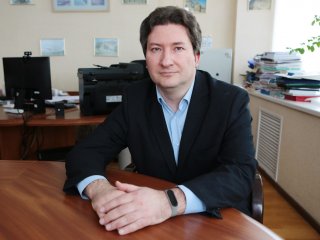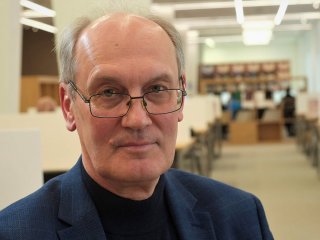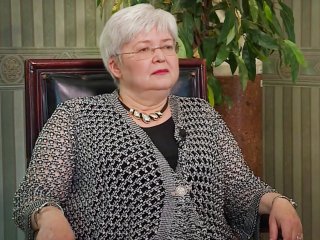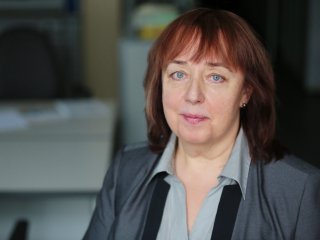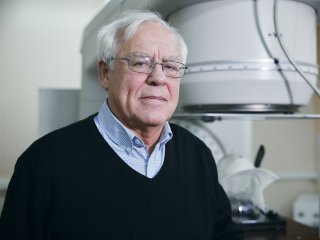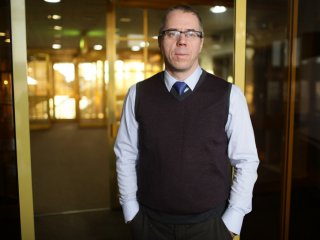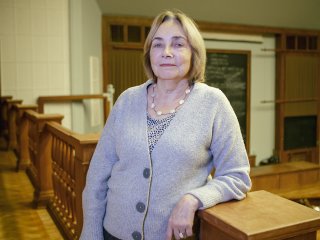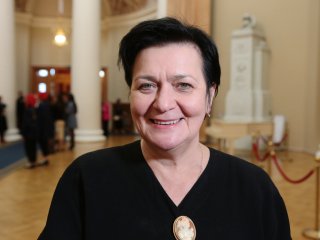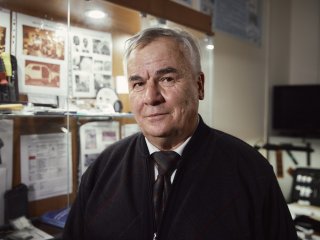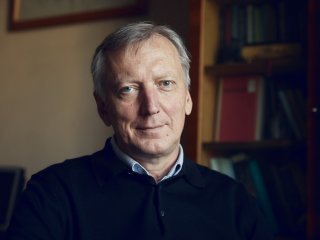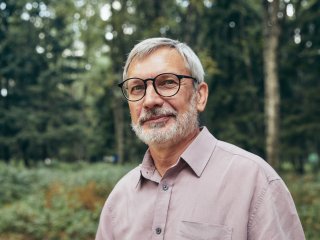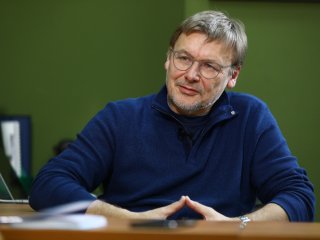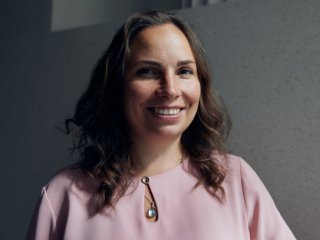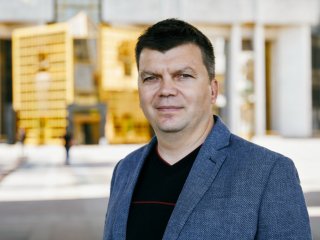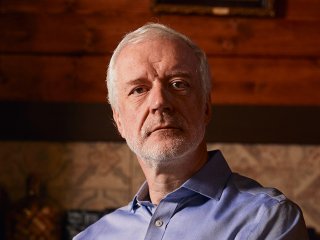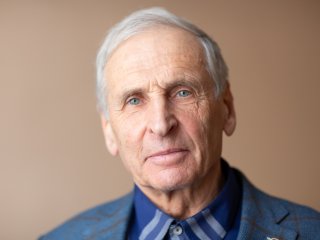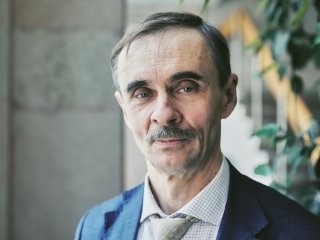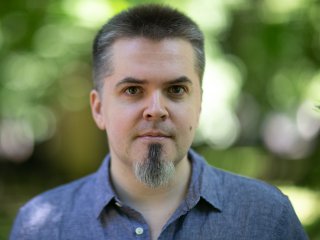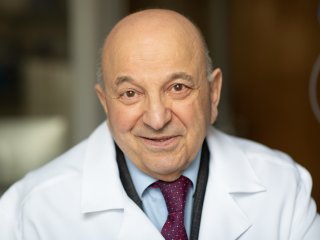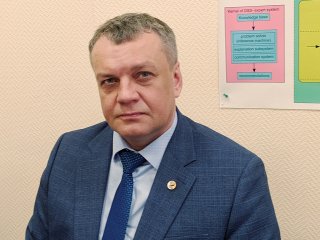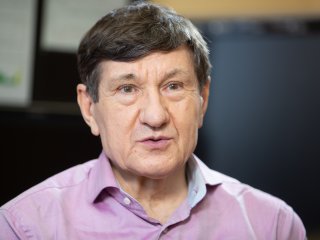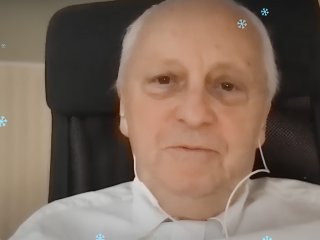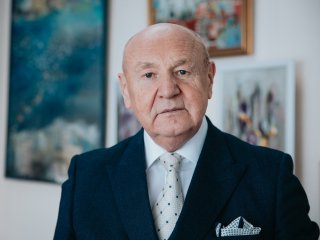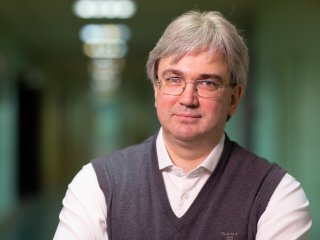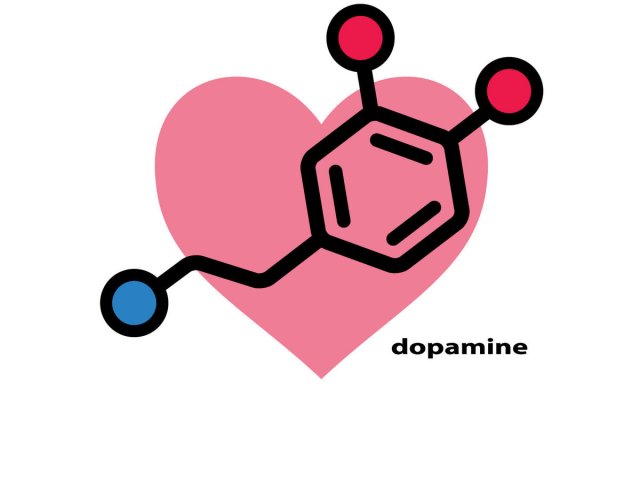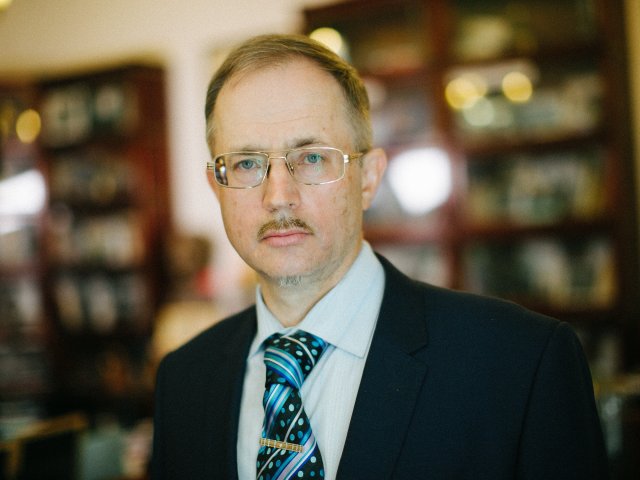Interviews
Why are we unable to outsmart the nature and reach the speed of light? How are particle accelerators connected with our daily life, and what is the difference between circular and linear installations?
From April 1, 2023, the Central Bank of the Russian Federation is launching a project to introduce a digital ruble. What is the difference of the digital ruble from cash and noncash money?
What will SKIF, a multipurpose megascience installation for knowledge and technology of the future, be like?
About the History of Expeditions in Russia and Dramatic Events That Followed
A “pinch” of nanotubes in concrete reduces construction costs and makes this material stronger. Our interview with the Head of the Laboratory of Carbon Nanomaterials at RosNOU will tell you about the unique properties and applications of nanotubes
The new approach was created thanks to the largest Eurasian linear proton accelerator operating in the institute
The chief researcher of the RAS Institute of World History tells a story of Academician Sergei Oldenburg and the significance of expeditions in the late 19th and early 20th centuries for historical and archaeological science
Bacteria and archaea were the first living organisms to appear on our planet. It has been over 2 billion years since then but these invisible creatures still perform irreplaceable functions in the circle of life on Earth. Microbiologist Yelizaveta Aleksandrovna Bonch-Osmolovskaya speaking about microbes and their role in the biosphere development
Irina Fyodorovna Popova, Corresponding Member of the Russian Academy of Sciences, Director of the Institute of Oriental Manuscripts of the Russian Academy of Sciences, renowned sinologist, Doctor of Historical Sciences, will tell us about the influence of Peter I on Oriental studies, the ties of the RAS with St. Petersburg, and research of Oriental manuscripts
What skills should a forensic expert have? Why does every person need basic legal knowledge? What exposes a criminal?
An interview with Andrey Shevelkov, Corresponding Member of the Russian Academy of Sciences (RAS), head of the Inorganic Chemistry Subdepartment, the Department of Chemistry, Moscow State University (MSU), about new chemical elements, anomalous superconductors, and high-temperature superconductivity
The history of Earth comprises five major mass extinctions of animals. What reasons provoked them, and how did life on the planet develop afterwards? Is it true we are now witnessing the sixth mass extinction? How do global glaciations relate to the increase in Earth’s biodiversity?
How is traumatic memory formed, can negative experience affect the offspring? What unusual things can our brain do, and do we have a chance to recover from psychological traumas on our own? Academician and director of the Institute for Advanced Brain Studies, Lomonosov Moscow State University (MSU), Konstantin Anokhin answers these and other questions.
The atomic clock that the modern satellite navigation can hardly manage without has a lot of non-obvious applications: from a search for dark matter and a drift of fundamental constants to Earth’s gravitational potential mapping. Head of the Complex Quantum Systems Optics Laboratory of P.N. Lebedev Physical Institute of the Russian Academy of Sciences Ksenia Khabarova has told the Scientific Russia portal about the purpose of the atomic clock and its working principle
Observations and calculations show that the Milky Way will collide with its nearest neighbor, the Andromeda Galaxy, in about four billion years. What happens to galaxies during a merger? What effect will the future merger have on the Solar System?
The scientist discusses the mathematical view on the structure of our reality, the weirdness of the quantum world, and other themes in his interview with Scientific Russia
What crops are most suitable for growing in zero gravity? What difficulties did scientists face when trying to grow vegetables and greens in space? What does the innovative Russian space greenhouse look like?
Scientists of the Joint Institute for High Temperatures (JIHT) of the Russian Academy of Sciences (RAS) have conducted a unique experiment that allows studying the emergence of quantum effects in our macrocosm in detail
Junior researcher of the Astro Space Center (ASC) of the Lebedev Physical Institute of the Russian Academy of Sciences (LPI RAS) Vyacheslav Avdeev describes the most unusual extraterrestrial oceans and the search for water on the closest planets and their moons
What prevents Russians from eating right? Can a diet be both healthy and affordable? How does a relatively new scientific area, anthroponutritiology, help to build customized diet plans?
What are the developments in smart agriculture today? RAS Corresponding Member Vyacheslav Yakushev explains in his interview
Vladimir Dmitrievich Kuznetsov, Doctor of Physical and Mathematical Sciences, Director of the N. V. Pushkov Institute of Terrestrial Magnetism, Ionosphere and Radio Wave Propagation of the Russian Academy of Sciences (IZMIRAN) speaks about the influence of the Sun on the Earth and about the work of the IZMIRAN Space Weather Prediction Center.
What do we know about antimatter today? We asked this question to Alexander Dolgov, Dr. Sc. (Phys.-Math.), Professor, Director of the Novosibirsk State University Interdisciplinary Center of Elementary Particle Physics and Astrophysics
Academician Gennady Sukhikh, Director of the National Medical Research Center for Obstetrics, Gynecology and Perinatology Named After Academician Vladimir Kulakov, on genetic research, pandemic challenges, and the immensity of evolution
How secure is the World Wide Web? What are ways to develop information hygiene? What can the loss of control over information technology result in?
Partners
Show allOur mobile application
Social networking
Recent
Popular
Lectures
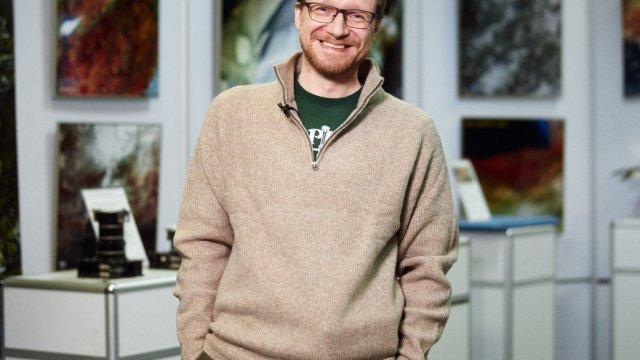
How can technology of remote sensing of the Earth keep track of wildfires, oceanic processes, volcanic activity, and urban development?
